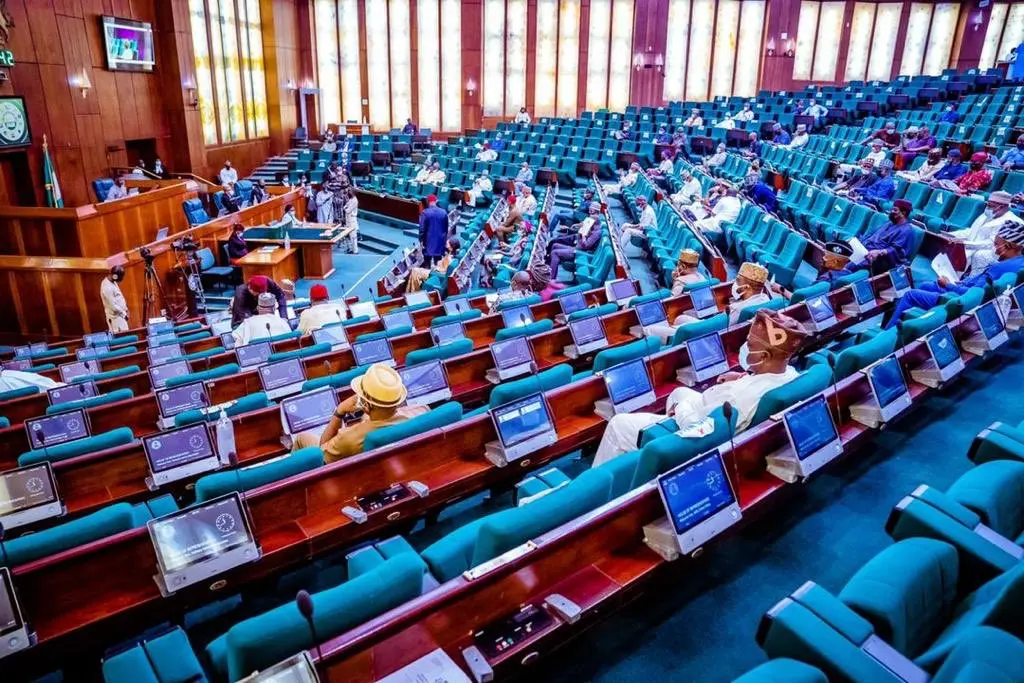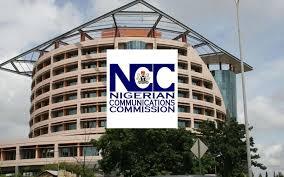Abuja, June 6, 2024 – The House of Representatives on Thursday directed the Nigeria Communication Commission (NCC) to develop consumer protection framework to protect customers against excesses of service providers.
It said such protection framework should include provisions for automatic compensation or refunds for prolonged service outages or significant deviations from advertised service levels.
The House directed the NCC to initiate a policy of “Pay as You Go” to all ISPs to minimise the high level of exploitation by Internet Service Providers (ISPs) for services not rendered.
The directives followed the adoption of a motion of urgent public importance sponsored by Hon. Leke Abejide (ADC, Kogi) on widespread inefficiency and poor services of ISPs.
The House also directed its committee on communications to investigate the issue of service disruption by Internet Service Providers.
Leading a debate on the motion, Abejide said that numerous ISPs in the country were not being penalised for their widespread inefficiency, feeble and inferior service delivery.
He said consumers were compelled to persistently pay for inadequate services due to the apparent absence of regulations governing their pricing and service provision, thereby enabling them to exploit Nigerians.
Abejide said frequent service outages, slow speeds, and inconsistent connectivity were widespread issues faced daily by consumers, as in this digital age, an efficient Internet connection is a necessity, not a luxury.
He said consumers sometimes experienced service outages for more than an aggregate of two weeks in a single month from some ISPs, with no mechanism for refunding subscription fees, thus perpetuating a disregard for consumer rights and leading to exploitation.
Bejjide said regulatory agencies had so far condoned the activities of inefficient ISPs to the detriment of consumers.
He said the inefficiency of ISPs and their exploitative practices had far-reaching consequences on Nigerians and their businesses.





